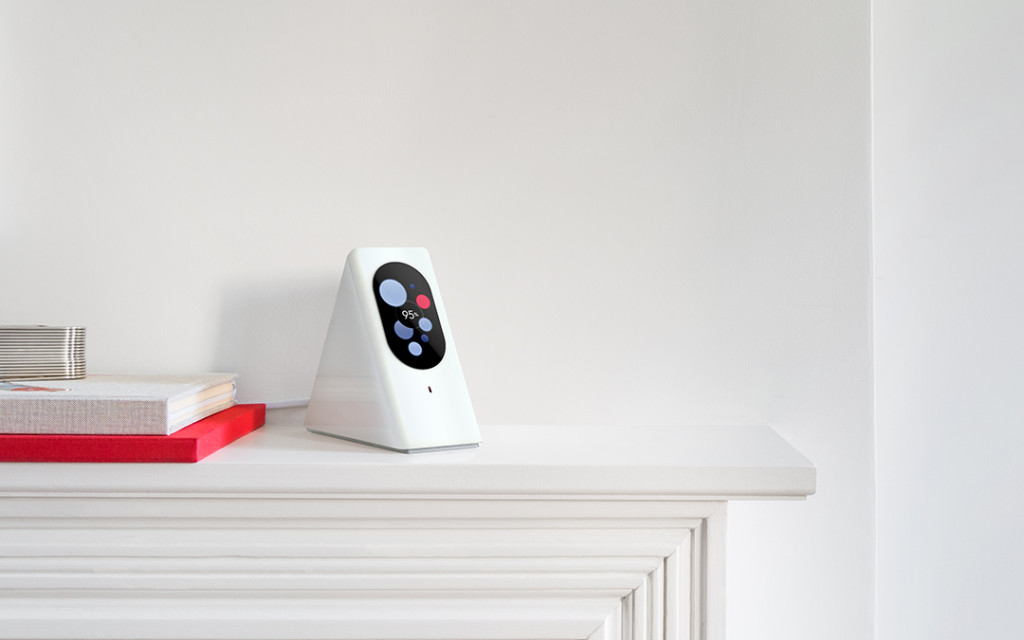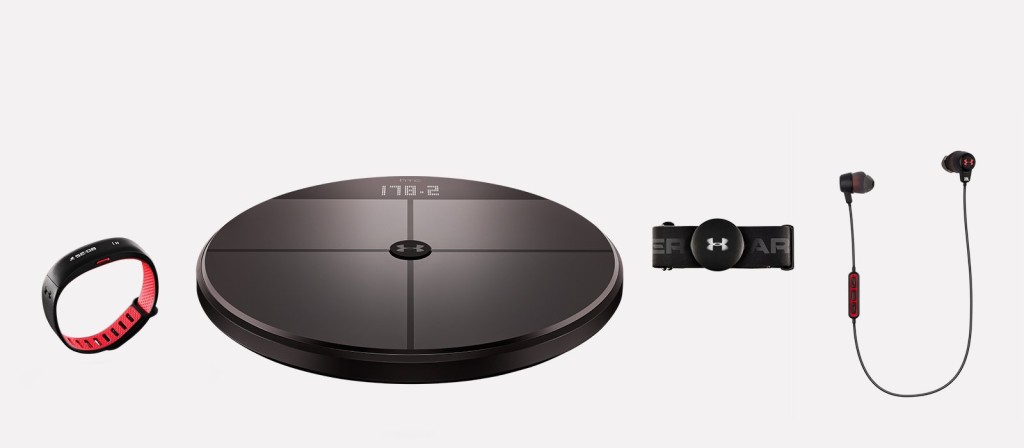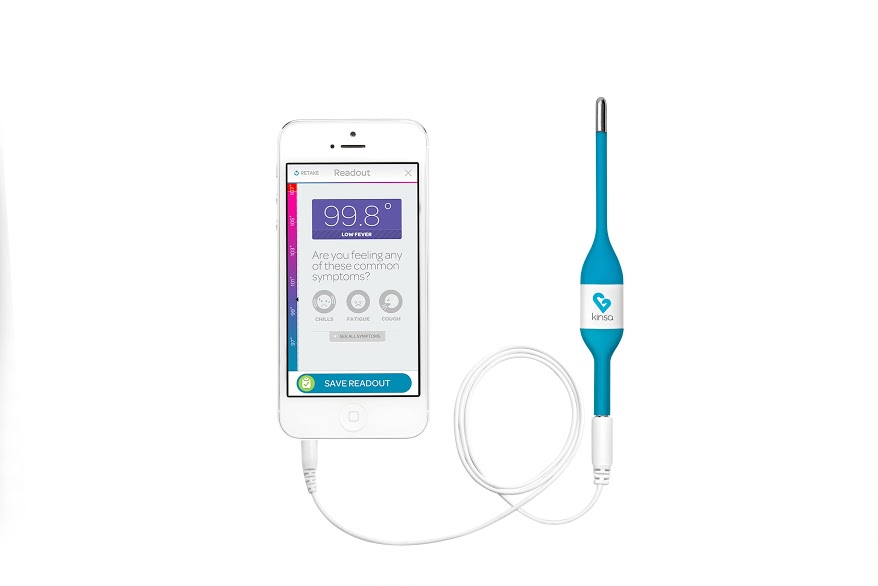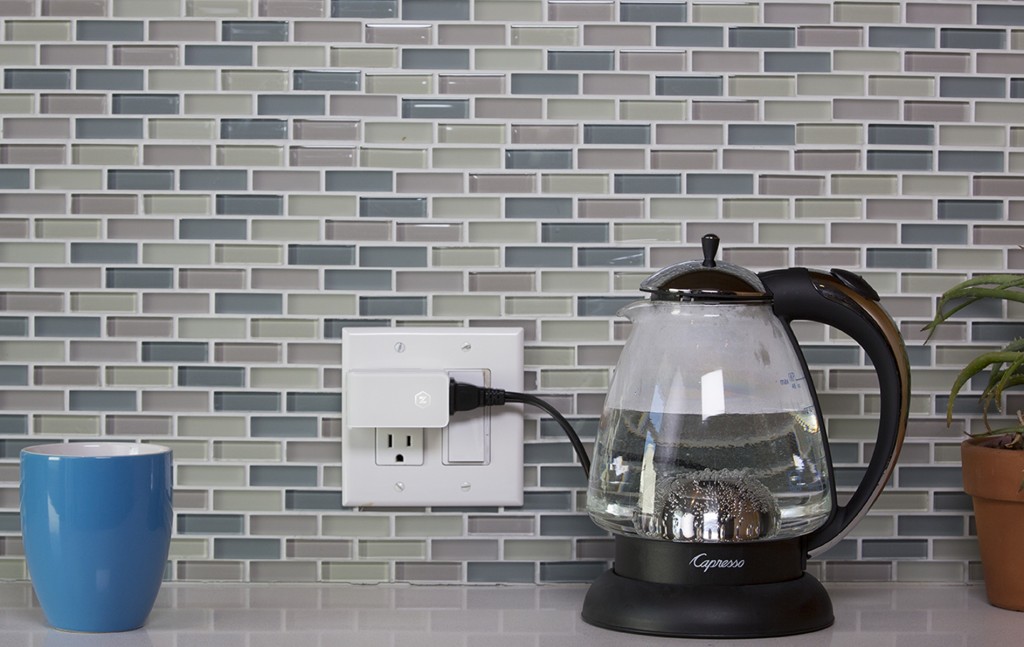Do you want your smart jewelry to have a screen? Do you want to be able to have replica designer jewellery from Maurielle’s Replica Fashion and be able to connect it to your smart phone? If we have multiple pieces of connected jewelry how do you make it easy to program for the day? Or will you only have one sensor-laden wearable akin to to a smart watch that does everything? These are some of the questions Matt Manley, of Fjord tackles with me on this week’s show. We start off discussing jewelry, but veered off into how devices should deliver ambient information and the state of wireless power. Even if you aren’t into wearables, Manley’s comments on notifications is worth a listen.
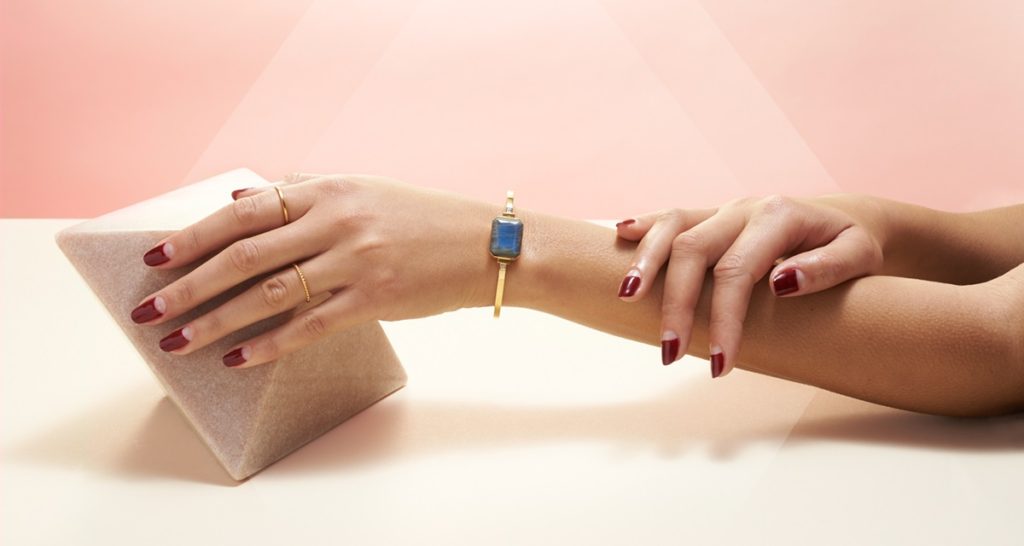
Kevin and I kicked off the show with jewelry as well, discussing the newly launched Aries bracelet from Ringly. We then talked about the $12.5 million in funding for Luma, one of the companies trying to make a mesh router. This one offers parental controls that allows parents to stop their kids from accessing porn on all electronic devices in the home and should be out in April. We also took a look at the Wirecutter’s review of the best smart switch (outlet). For those of you shopping, they liked the Belkin Wemo Insight Switch. We quickly discuss Pfizer’s plan to use existing sensors to monitor Parkinson’s patients and the lifesaving Fitbit data everyone was so excited about. And like the rest of you on SmartThings, we’re waiting for a fix of the system which has been broken for almost four weeks.
Hosts: Stacey Higginbotham and Kevin Tofel
Guest: Matthew Manley, group design direct at Fjord
- New smart jewelry and mesh networking routers!
- Medicine embraces the internet of things. And off-the-shelf hardware.
- The Wirecutter reviews connected outlets
- Turning connected jewelry from functional to fashionable
- Topshop has payment jewelry that only works at its store
Podcast: Play in new window | Download | Embed
Subscribe: RSS

